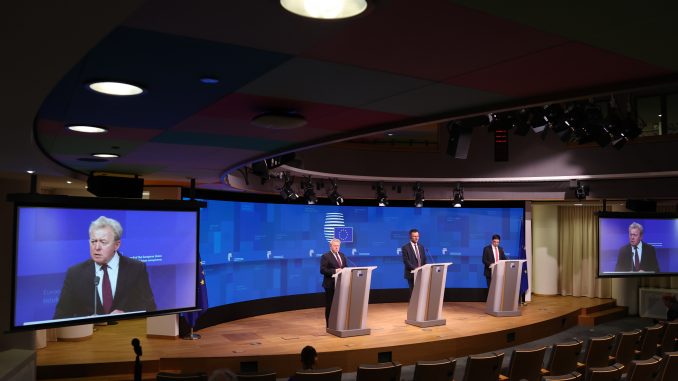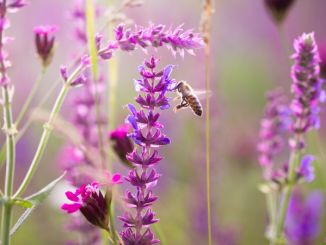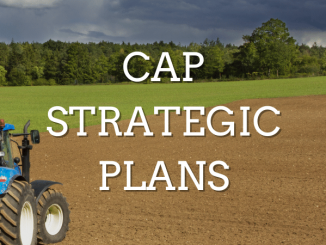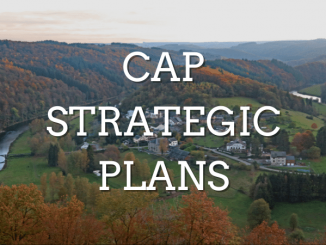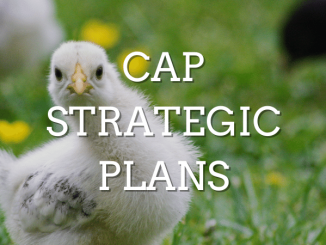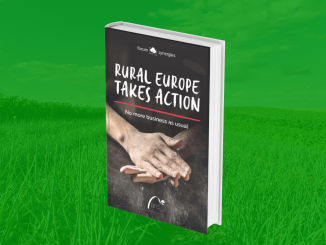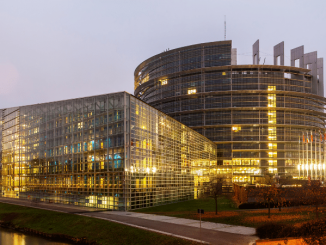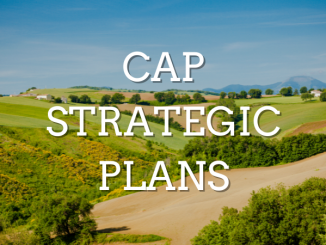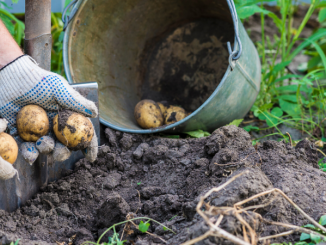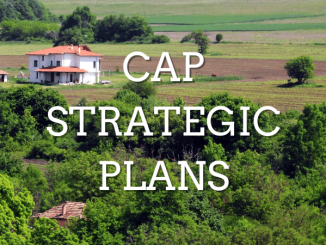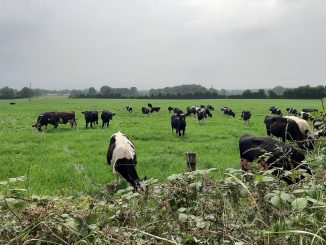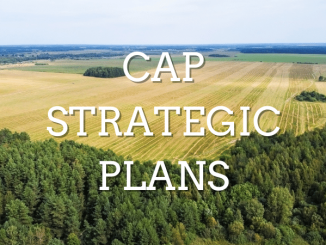Changes in the CAP strategic Plan submitted by Ireland are “required”. In the Observation Letter sent to Ireland – which you can download below – there are a number of areas the European Commission has called for changes in. The overall green architecture itself, including eco-schemes especially, needs work, if Ireland is to achieve its environmental targets. There is a distinct lack of ambition, scoring, and incentives for stronger environmental practices. Increasing dairy herd numbers is named directly as making the necessary changes more difficult. That the letter’s language is strident in places is noteworthy. So what is the Commission asking for? And what comes next? Oliver Moore reports. […]
